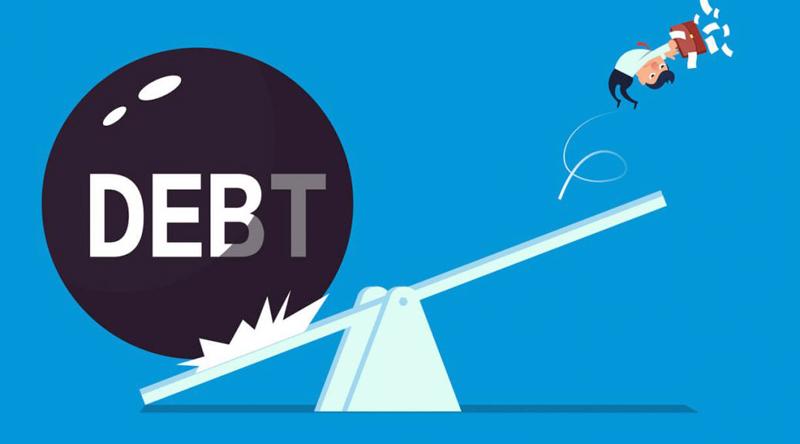
Reflecting the expanded budget deficit and resultant large financing requirements as well as the contraction of GDP, the outstanding central government debt rose to 101.0 percent of GDP at end 2020, from 86.8 percent of GDP at end 2019, the Central Bank (CB) stated in its 2020 Annual Report released last week. Nevertheless, the bank noted that the relative share of outstanding foreign debt to total central government debt declined notably to 40.0 percent at end 2020, from 47.6 cent at end 2019. The reports highlights the impeccable debt service record the government said urging the country to take a cue from Japan which rose from the ashes following the devastating effects of the Second World War to be a leading global economy today.
Japan, the world’s third largest automobile manufacturing country, has the largest electronics goods industry, and is often ranked among the world’s most innovative countries leading several measures of global patent filings.
Facing increasing competition from China and South Korea, manufacturing in Japan today now focuses primarily on high-tech and precision goods, such as optical instruments, hybrid vehicles, and robotics. The irony in Sri Lanka is that the country yet consists of villages that do not have access to electricity, potable water, a proper road network, schools and hospitals. The global pandemic has only worsened their plight pushing them down into the fire from the frying pan.
Policy makers have been hyping up the country about e-commerce, a digital economy and now online education to tide over the present crisis without realising that a large number of students in outskirts whose guardians do not have the wherewithal to afford devices to link children with their teachers.
The policy makers need to take a complete count of the number of students who have been denied access to electricity, uninterrupted broadband connectivity, unable to purchase data, social stigmas such as the elephant human conflict that has driven families from their homes to safe locations and provide immediate relieve and solutions to their perennial issues. “The priority of the policy makers now should be on how they could help the low income earners keep the wolf from the door and save them from starvation. “Piecemeal solutions such the Rs. 5,000 stipend is not a sustainable and productive move,” an economist of a think tank said, adding the government curtails all unnecessary spending to revive the covid-battered economy. The way out for all the economic ills is education centred on vocational training that would lead to build a vibrant economy similar to the regional peers, said a top entrepreneur.
